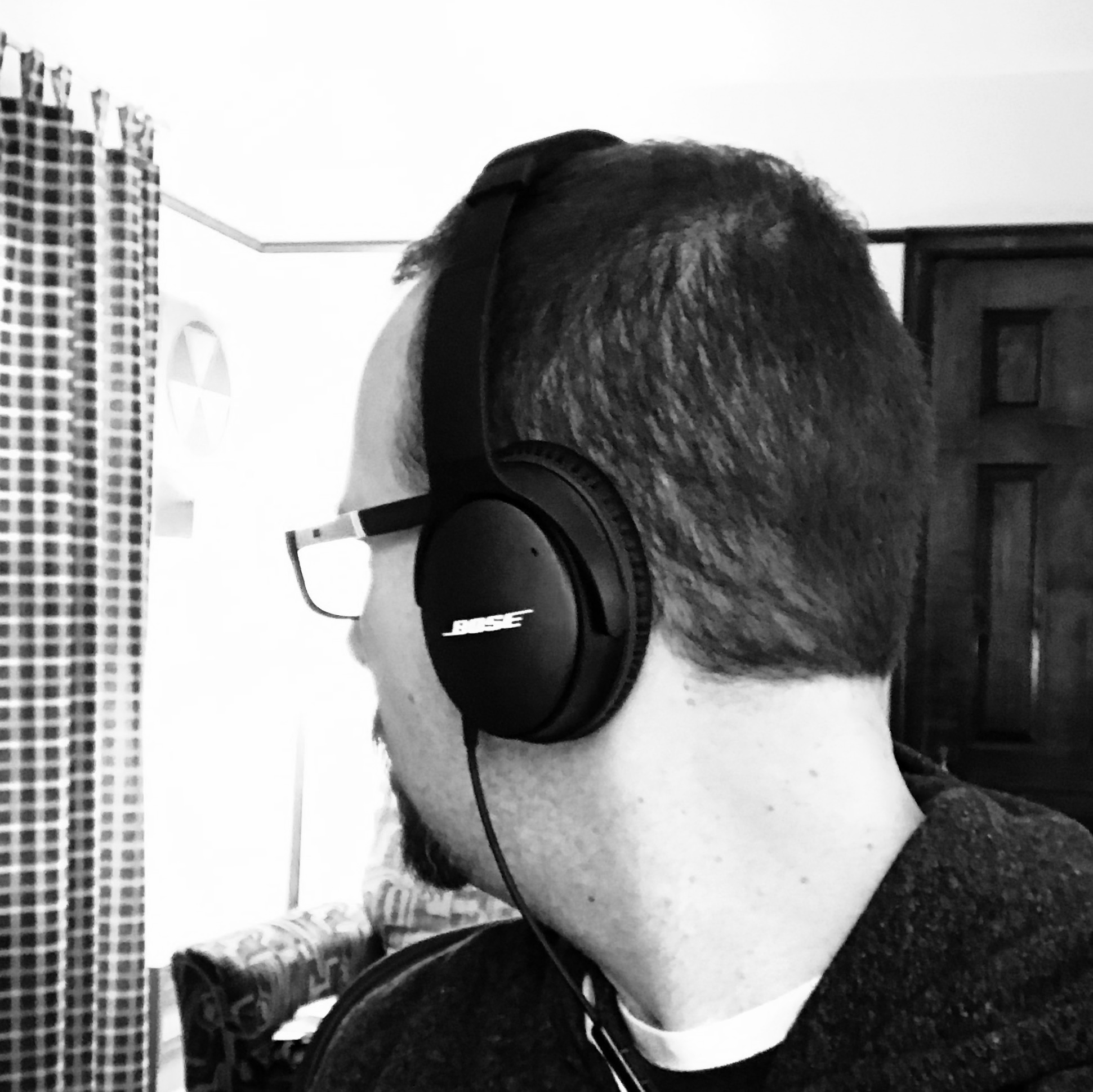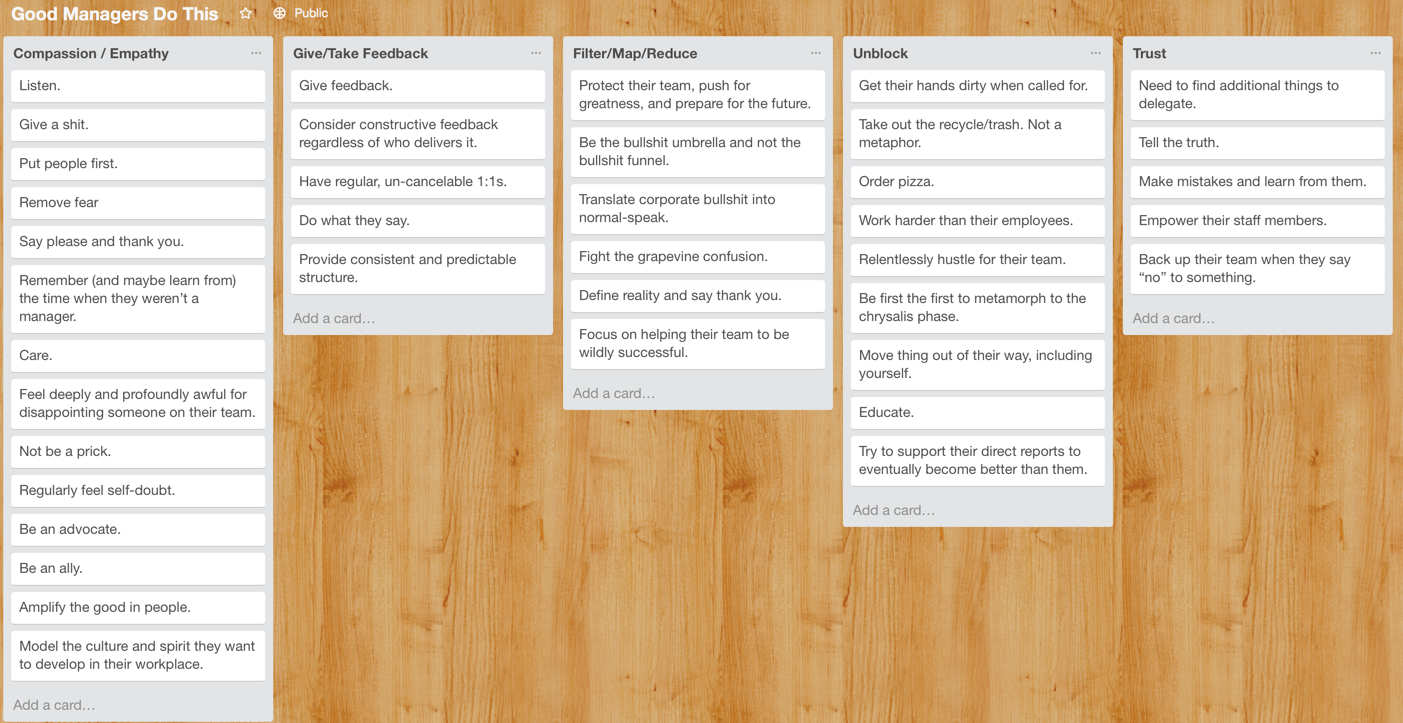A lot of my friends on Instagram are also my friends on Facebook. They, like myself, tend to cross-post photos from Instagram onto Facebook and Twitter. I noticed a funny effect from that cross-posting – you end up missing a lot of posts from your friends.
Mindless scrolling. We all do it. Facebook was made for it as well as Instagram. Your brain is bored so you grab your phone and start scrolling through posts. I think we’re sort of zombies when this mode clicks in. I usually end up snapping out of that zombie scrolling mode when I see posts I’ve already remember seeing. Semi-conciously I feel I’ve reached the end of any content that I may want to read or view.
Cross-posting images from Instagram to Facebook sort of breaks this zombie mechanism of knowing when you’ve reached “the end” of new content. I’ve found myself scrolling through Facebook and seeing a photo I recognize and stopping. Chances are I didn’t actually see that photo on Facebook first, but rather on Instagram. The reverse applies as well. My brain stops me when content starts repeating but in essence that’s new content in that specific app.
I’ve also noticed this effect happen with publicizing new blog posts onto Twitter and Facebook but not to the same effect. I use the WordPress.com Reader to track blogs I like reading. Sometimes I do see friends’ posts on Facebook that I’ve already seen in the WordPress.com Reader. The content looks different enough that it doesn’t trigger the same effect all the time.
The thing I wonder about is if the effect causes some sort of mental fatigue in your followers causing them to potentially classifying your posts as noise rather than signal. I know how my brain tends to work and I can see that happening already with some accounts I follow in multiple apps/sites.








